Strange food, cold weather, new roommates, planes, trains, buses and metro rides. If you don’t get sick while abroad, you are a marvel of science. While a trip to a medical clinic is not at the top of your travel plans, you might as well prepare for the inevitability. The good news? Although getting sick abroad is unpleasant in real time, it makes for an interesting story later.
Call your Study Center
Before all else—even before you post a sick selfie that is sure to get an outpouring of digital sympathy—call your onsite UCEAP representatives. Even if you have a minor cold, it is better to alert them early on. They can tell you what the local version of chicken soup is and perhaps where to find it. If your illness advances, they can help you navigate treatment options and offer guidance on what to do about missed classes.
TIP: At your arrival orientation, you’ll find out who to call in a medical emergency. If you bring a smartphone with an international call plan (highly recommended), store the local numbers in your phone as soon as you get them.
Seek Medical Help Immediately
Go to the hospital right away if you need emergency medical care. Ignoring a seemingly common ailment like a fever, chest pain or animal scratch can have serious consequences.
If the situation is minor, a local clinic or student health services may be better than a hospital visit. At orientation, you’ll learn about the medical options available at your host university.
I had to go to urgent care while studying abroad in Spain. My experience visiting the hospital was very smooth! During times of stress, the last thing you want to think about is how to pay for an emergency—fortunately the insurance I had to get through UCEAP covered all my visits.
Natalia Hernandez Martinez (UC Los Angeles) in Madrid, Spain
Carry Your Medical Insurance Card
Medical illnesses and injuries are covered by your travel medical insurance. Carry your student travel insurance card at all times. Even though you’ll likely need to pay the costs out of pocket at the time of treatment, the card can help you with insurance reimbursement. It contains the policy number and provider contact information in case of emergency.
See In an Emergency for the current emergency contact numbers.
Get Medication
If you get sick with a non-emergency illness like a cold or the flu, having the right medication in your travel medical kit or getting it locally will help with your recovery. Certain drugs that you need a prescription for in the US may be available over the counter, but they may have a different name or be stronger than the same medication back home. In Europe, for example, pharmacists can diagnose and prescribe remedies for common illnesses like a sore throat or upset stomach. Staff at the hotel institution or study center can help you get the right medication for your needs.
I got a few colds while I was abroad for a year in Spain but really effective over-the-counter medicines were easily available. Explaining my symptoms in Spanish was great for expanding my vocabulary.
Charlene Sheehan (UC Santa Barbara) in Cordoba, Spain
Have an Emergency Credit Card
Medical providers abroad typically expect upfront payment for medical treatment. Travel health insurance isn’t like most health insurance plans back home, where you hand over a co-payment and the rest is charged directly to the health insurance provider. Payment of hospital and other expenses will be your responsibility. Being prepared with an emergency credit card can help you handle those charges. You’ll file for reimbursement with your travel medical insurance later.
Keep All Forms and Receipts
Keep copies of all forms, receipts and documents related to medical expenses. You will need these to get reimbursed when you file an insurance claim. Before you leave the clinic or hospital, make sure you have noted the name, address, and phone numbers of your treatment providers (this information should be on the forms, but isn’t always) because this will be important when you make a claim.
File an Insurance Claim
To file an insurance claim, you’ll need all the medical forms, receipts and documents. See the instructions to file a claim for more information. Submit your claim soon after your treatment (don’t wait until you get home).
Ever been sick while abroad? Tell us how you got through it in the comments.


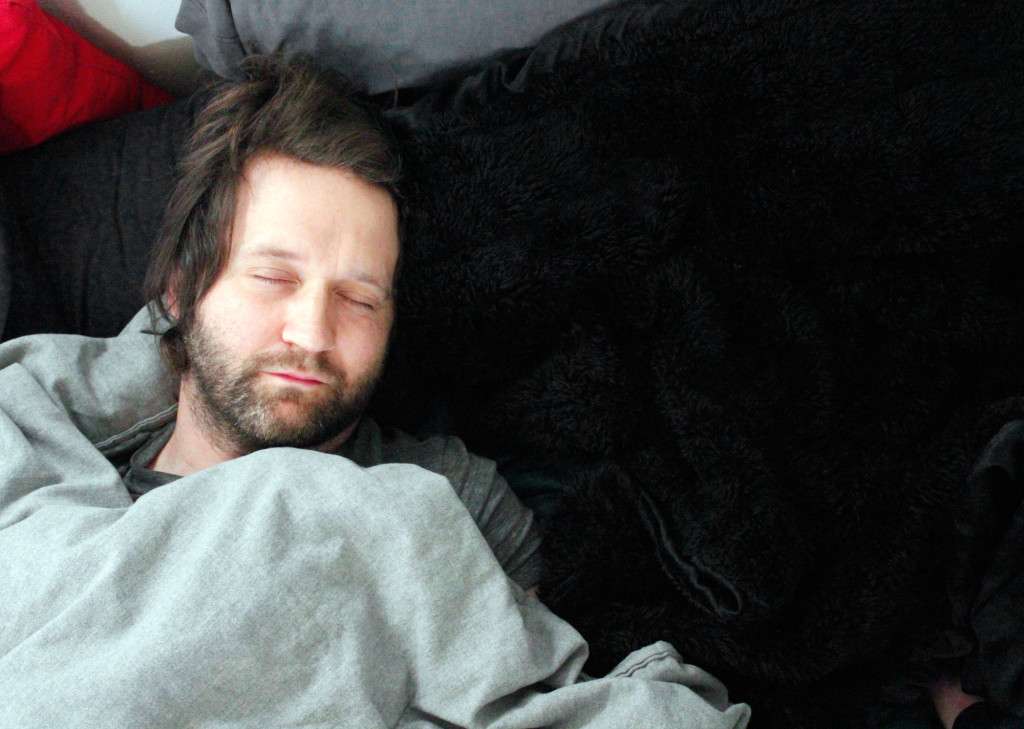




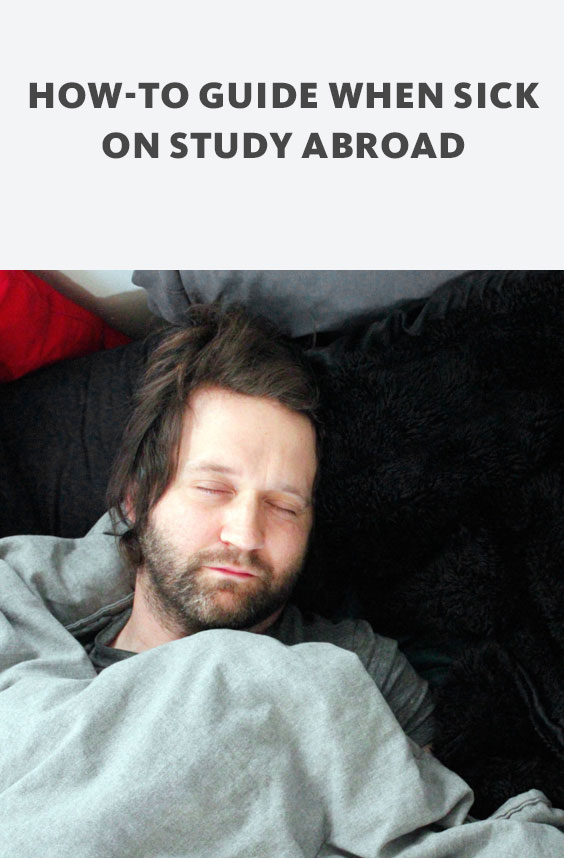
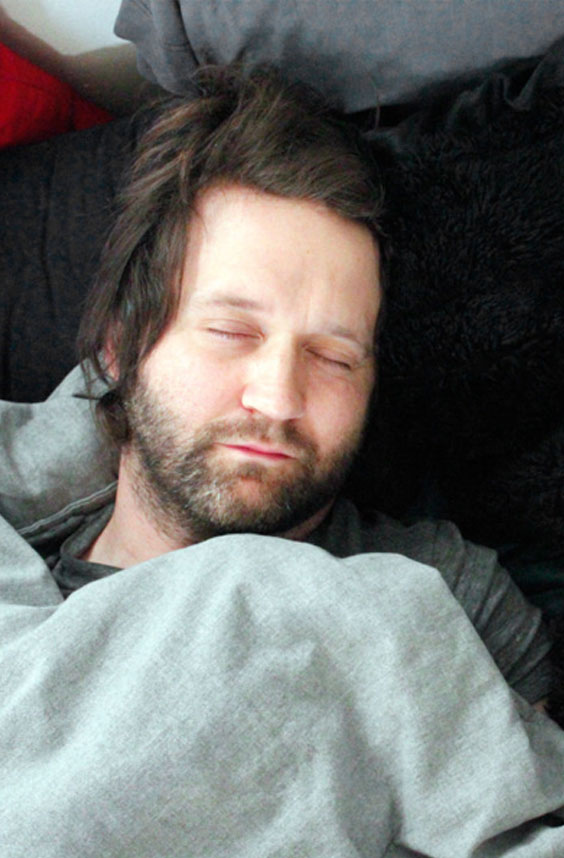

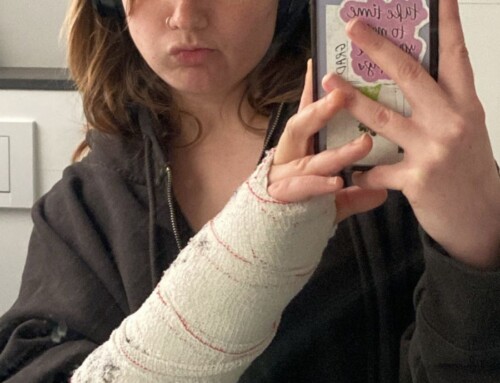



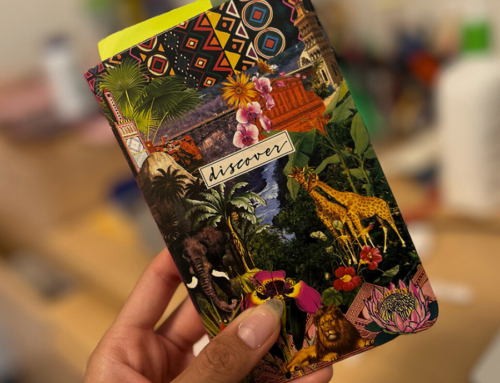

Leave A Comment